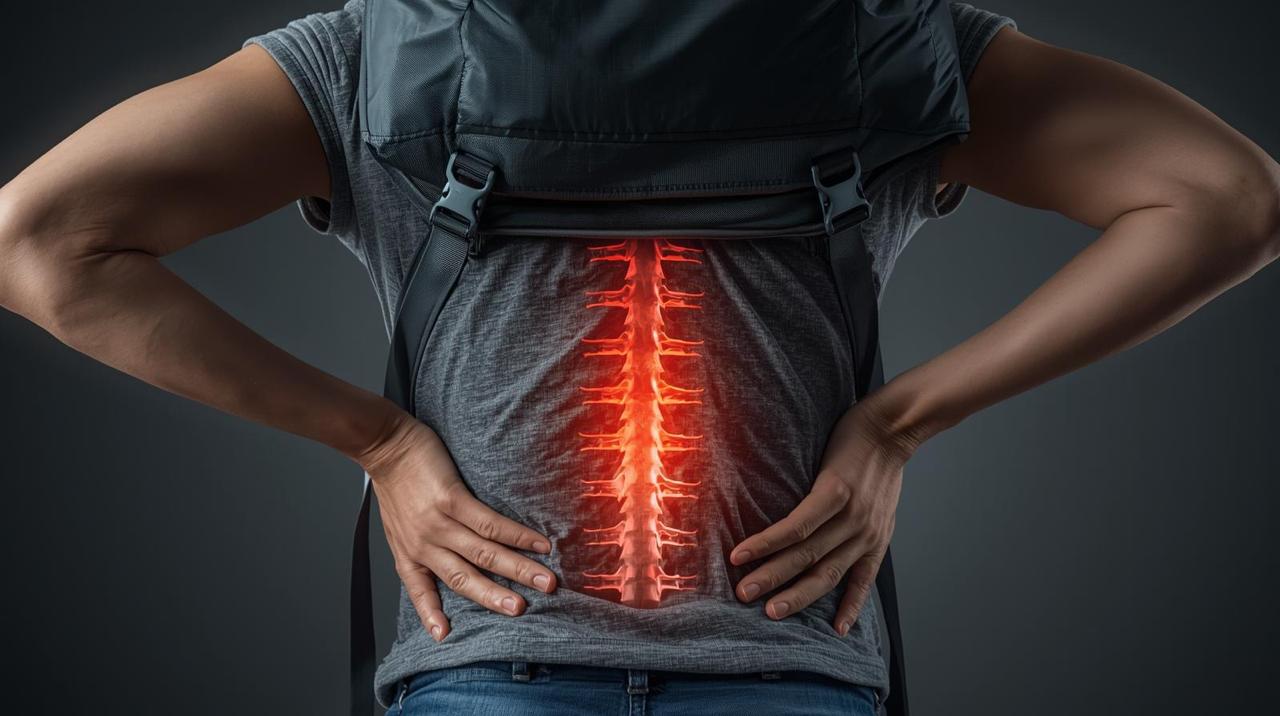Carrying heavy backpacks during trekking or daily travel may cause long-term damage to the spine, neck, and shoulders, say doctors. Experts advise limiting bag weight and using proper straps to avoid posture and muscle issues.
Whether it’s hiking through the hills or heading to work, carrying a heavy backpack may be silently damaging your body. Orthopaedic specialists warn that this common habit can strain the spine, weaken muscles, and even alter body posture over time.
Bone specialist Dr Ajay Kumar Paruchuri explains that walking long distances with a rucksack on the back increases pressure on the spine and shoulder muscles. “Even carrying the bag on one shoulder can cause neck and shoulder pain,” he said, adding that prolonged strain could lead to muscle tears and posture imbalance.
The effects are often delayed, as pain or stiffness builds up gradually. Many people, especially trekkers, do not realise the harm until the discomfort becomes serious.
Doctors recommend lighter bags and better posture
According to experts, the ideal bag weight should be within 10–15 percent of one’s body weight. Wider, padded straps help distribute weight evenly and reduce pressure on the shoulders. Adjusting both straps and keeping the bag close to the back can also improve posture and balance.
Some believe trolley bags are safer, but doctors caution that pulling a heavy trolley with poor posture can strain the same muscles. “Dragging a trolley using only one arm can also affect the neck and upper back,” Dr Paruchuri noted.
Medical experts suggest regular stretching and strengthening exercises to reduce the impact. Whether travelling for adventure or work, doctors say it’s crucial to choose comfort and posture over convenience.











